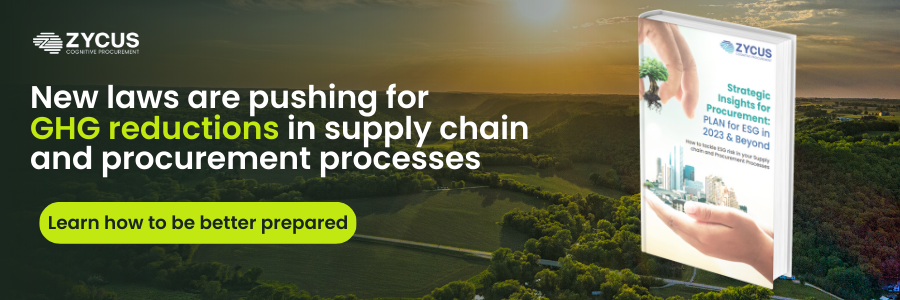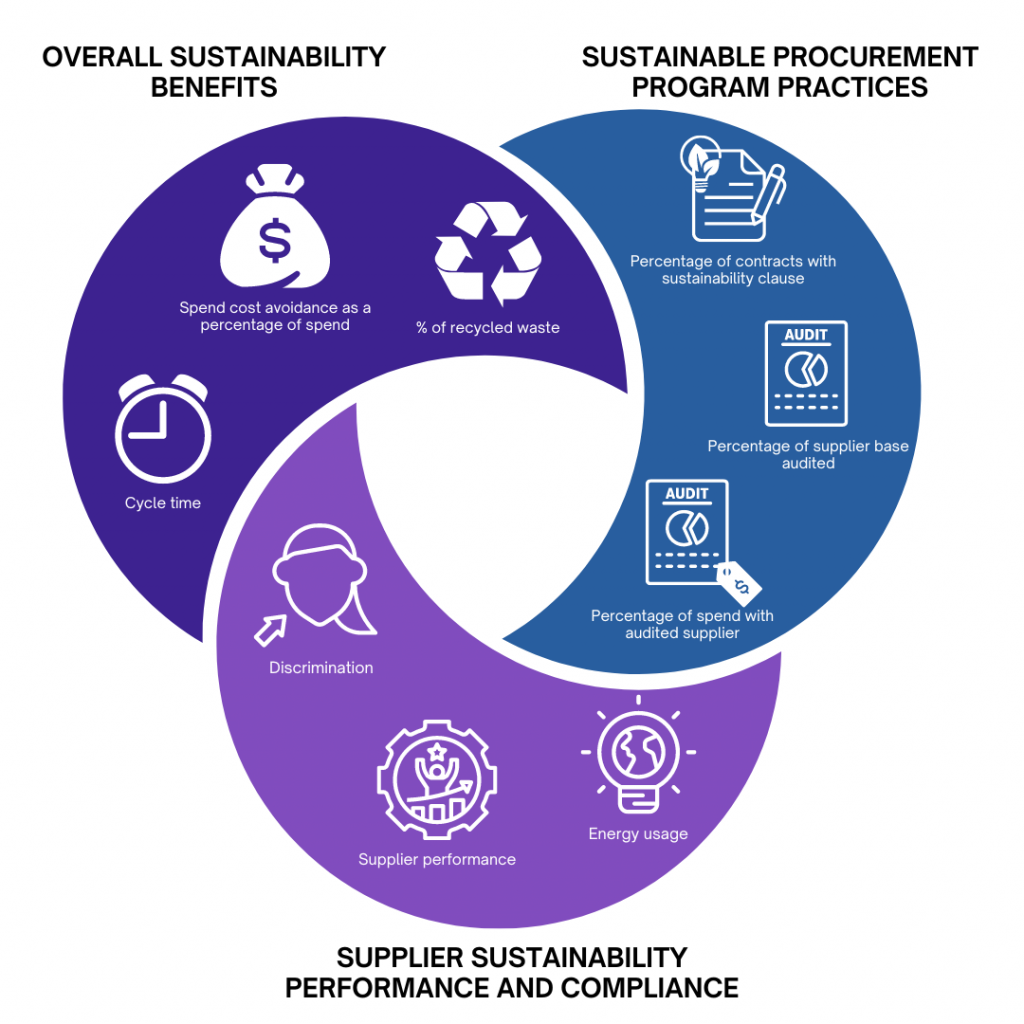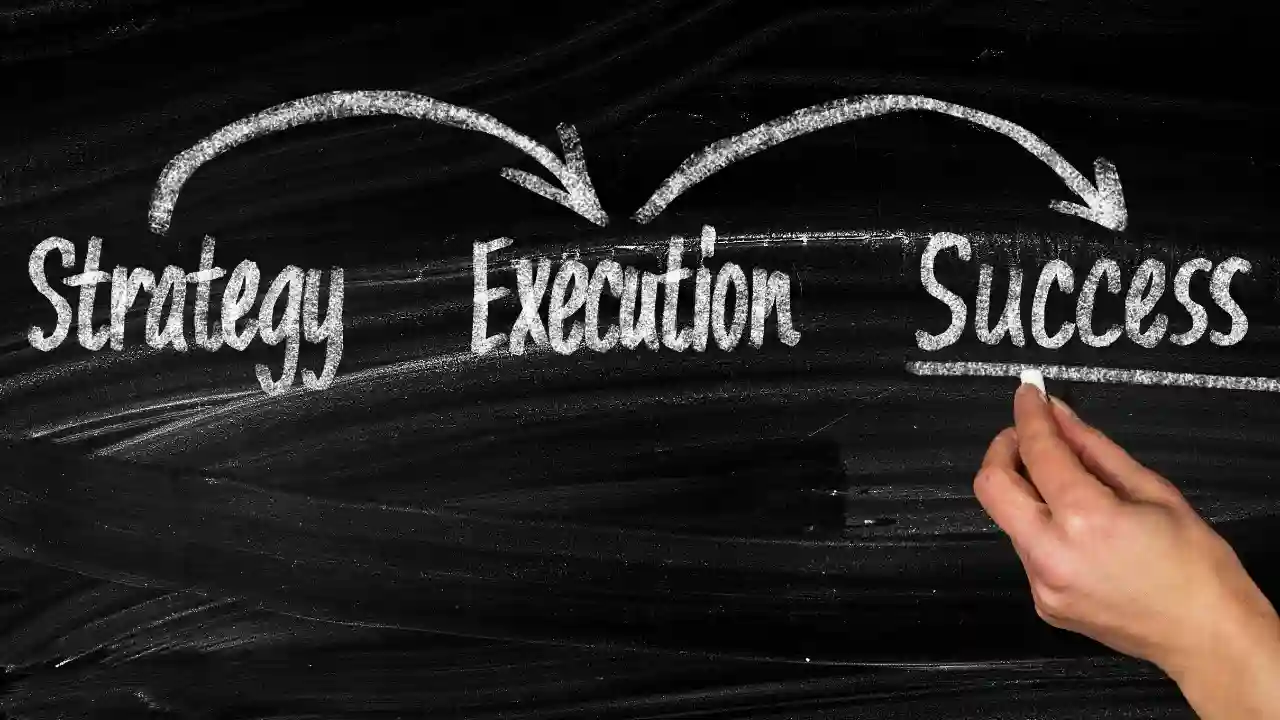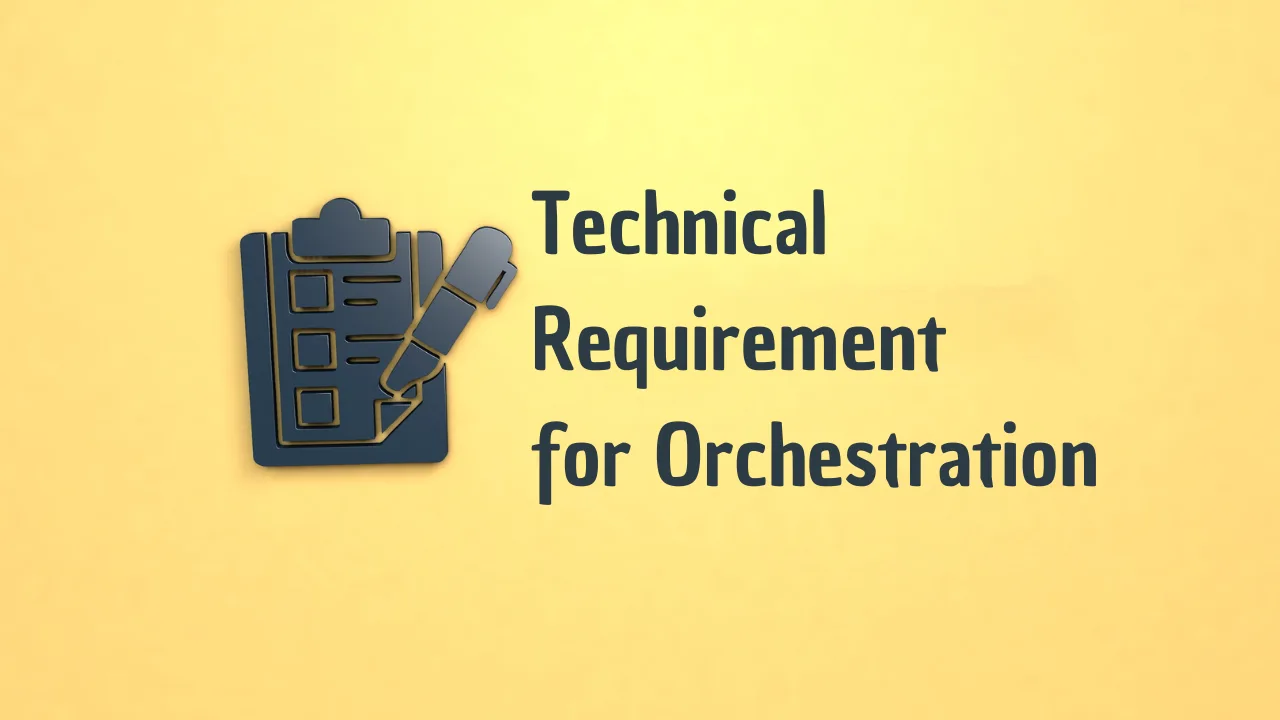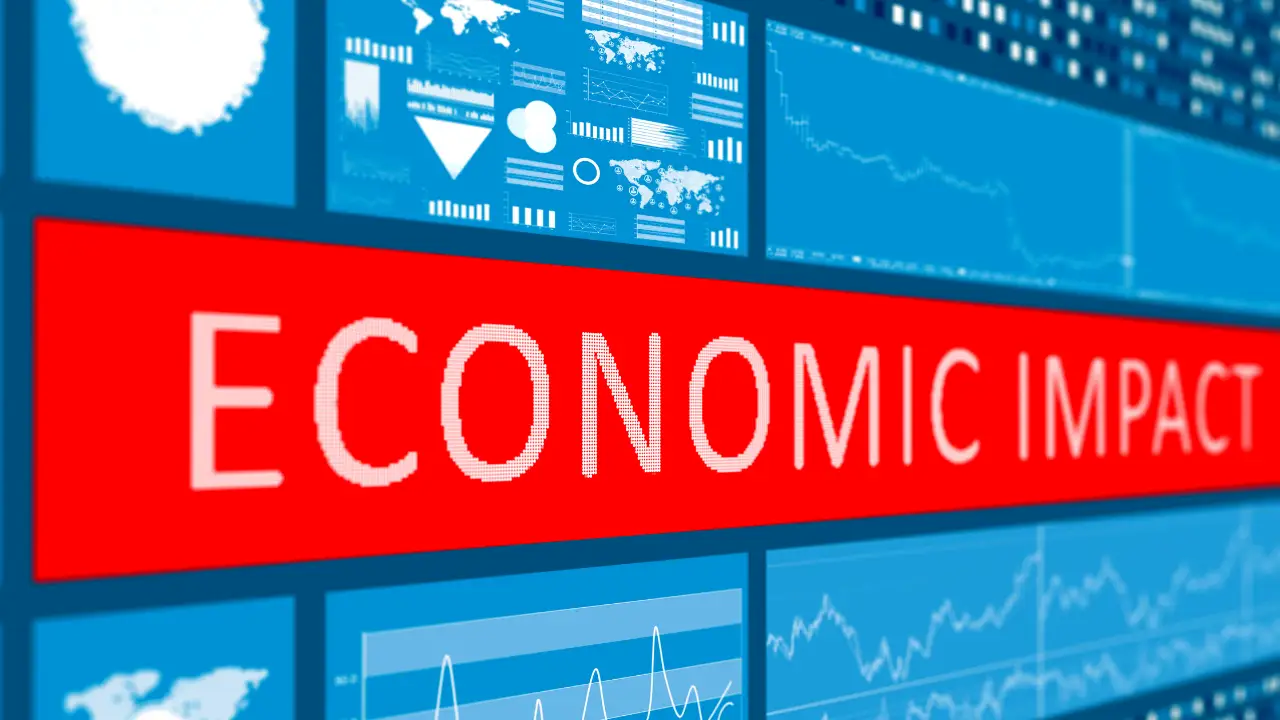Today, businesses understand the value of making a positive impact on the world and incorporating a social purpose beyond profit-making. While many businesses do so with an altruistic motive, they have the added ‘motivation’ in the form of increasing pressure from various sources including customers, financial institutions, governments, and international procurement regulations, to reduce greenhouse gas emissions and prevent environmental degradation and ethical misconduct.
Navigating these regulations can be a daunting task for any business, but it is especially challenging for those involved in procurement. This is because procurement professionals are responsible for ensuring that their company\’s purchases comply with a wide range of laws and regulations that pertain to everything from labor rights to environmental protection. In this blog, we will provide some tips for responsible as well as sustainable procurement that can help businesses navigate complex procurement regulations and ensure that they are meeting their legal and ethical obligations.
Tip 1- Understand the regulation landscape
The first step in preparing for these complex procurement laws and regulations is to have a thorough understanding of the current landscape. This includes familiarizing oneself with the various laws and legislations that are already in place, as well as any upcoming or proposed legislation.
Some key pieces of these legislations in Europe include Germany’s new Supply Chain Due Diligence Act (SCDDA), European Union’s Green Deal and its Action Plan on Sustainable Finance, Federal Procurement Regulations, the Non-Financial Reporting Directive, and the Sustainable Corporate Governance Code. It is also important to stay up to date on national level legislation, such as the UK’s Climate Change Act and the French Energy Transition for Green Growth Act.
Check out our Whitepaper- The 11 Most Important KPIs to Unlock Sustained Procurement Performance in 2023
Tip 2- Partner with responsible suppliers
Germany’s supply chain act is not the only piece of legislation to emerge that will push companies to reassess their global supply chains. There is also the Modern Slavery Act in Australia; the US Securities and Exchange Commission is considering ESG reporting rules and requirements on climate disclosure; and in February 2022, the European Commission adopted a proposal for new rules on corporate sustainability due diligence. There is a clear trend of expanding legislation which will make compliance challenges more acute.
Download our Whitepaper- The Hackett Group Infographic: Build a Sustainable Procurement Program
One of the best ways to avoid the risk of non-compliance and penalties from such regulations is to implement a supplier due-diligence program and to include terms in supplier contracts to require proper procedures and controls for sustainable, ethical operations. Incorporating sustainability into supplier vetting and contracting practices can help prevent delays and omissions. Using third-party risk management and contract management can assist in implementing these practices without disruption to compliance or legal teams.
Tip 3- Monitor and Audit
Properly monitoring and auditing the procurement process is a critical aspect of ensuring compliance with regulations. It is important to conduct regular audits of suppliers and take corrective action if any non-compliance is identified. This can help to ensure that the company is maintaining its commitment to compliance and minimizing risk.
Explore more about- Sustainable Procurement for Compliant, Future-ready Enterprises
Tip 4- Communicate your performance
Communicating your sustainable procurement performance is an important way to demonstrate your commitment to regulations and principles and build trust with stakeholders. This can include publishing annual ESG reports, participating in industry initiatives, and engaging with stakeholders on such issues. Many procurement organizations miss opportunities to show the impact of their sustainability initiatives.
Conclusion
In conclusion, navigating complex procurement regulations requires a proactive approach. By understanding the regulations that apply to the industry and company, developing a compliance program, partnering with responsible suppliers, properly monitoring and auditing the procurement process and staying up to date, procurement professionals can help ensure that their company is in compliance with the law and making purchases that align with its values. To find out more about sustainable procurement, speak to our experts today.
Related Read:
- Procurement automation: How can it help in procurement transformation?
- Understanding Blockchain in Procurement and Its Impact
- Change Management in Procurement and How to Handle It
- Procurement vs Purchasing– Understanding the Difference
- Procurement in Value Chain for Business Advantage
- White Paper – Unraveling Cognitive Procurement: Unlocking Efficiency With AI
- White Paper – The 11 Most Important KPIs to Unlock Sustained Procurement Performance in 2023






















































